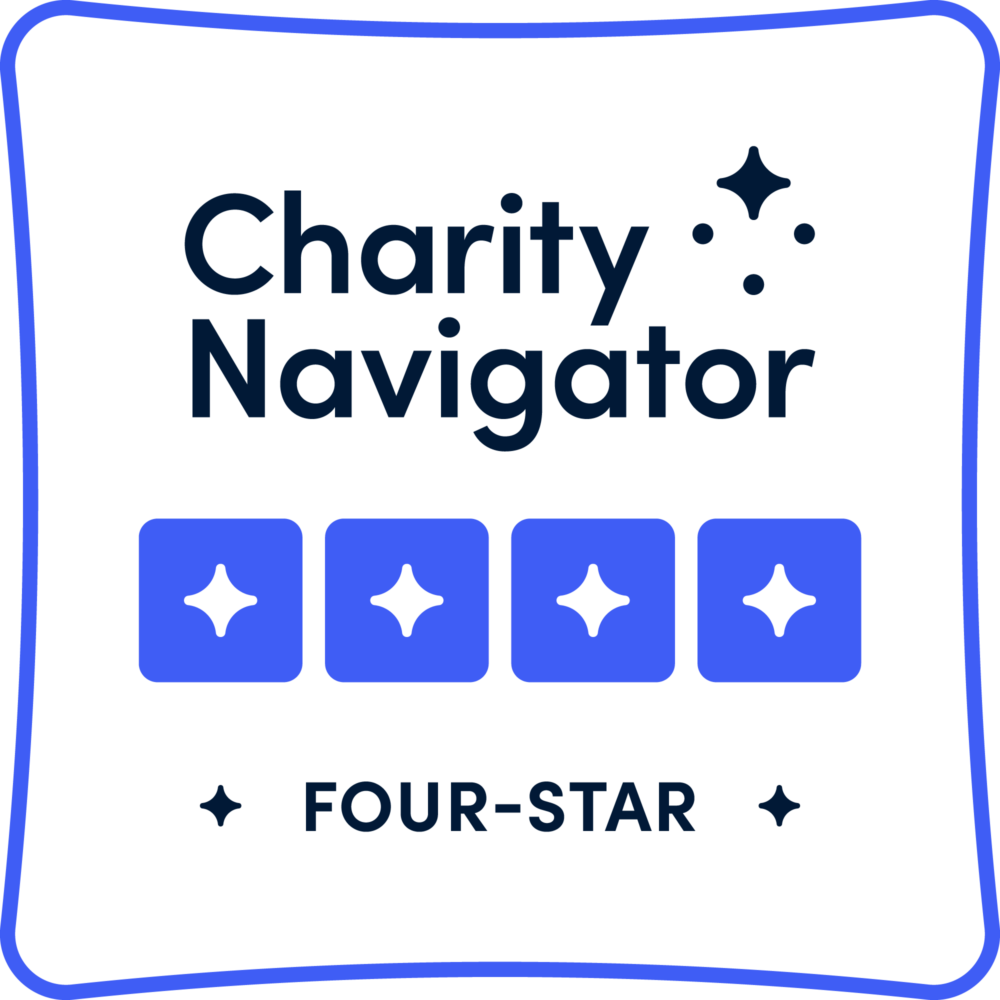Parents Group Works to Preserve Endangered Languages
“We’re hoping with this group to show how important this is, or else these languages will disappear.”
– Wendy Miron, EHNN
Parents from Mexico and Guatemala who speak indigenous languages of Mixteco, Nahuatl, and Mam, have joined the East Harlem Neighborhood Network (EHNN) and the Endangered Language Alliance, to keep their languages from dying out.
The group is called “Intercambio de Lenguas” or Language Exchange. It combines work to preserve the indigenous languages, while also helping parents increase their Spanish literacy and English conversational skills.
“One of the things I started noticing is that a lot of our families have very basic literacy or none at all,” said Wendy Miron, Education Advocate with the East Harlem Neighborhood Network (EHNN), a partnership between LSA, Union Settlement, and Boys Club of New York to provide services to children and families from the Mexican community in East Harlem.
“We started working with a home-visitor here [at LSA], having a literacy class. One of the moms started with us in November and has been coming to the class every week. Before that, she couldn’t even write her name.”
When Wendy met Daniel Kaufman, Executive Director of the Endangered Language Alliance, they realized that they could provide much-needed literacy classes to parents while also learning about and documenting their native languages.
The literacy group began working with the Endangered Language Alliance in Fall of 2014, with a small group of Mixteco speaking parents. The group meets weekly and includes work to both preserve the indigenous language and build Spanish and English fluency. This Spring, the group is including two more languages: Nahuatl, another Mexican language, and Mam, a Guatemalan language.
Wendy and Daniel have found that the group classes benefit parents on different levels. By increasing literacy, the group supports parents in their ability to help children achieve academic goals. In addition, they have found that it is very empowering for participants to teach them their language; it increases their sense of self-efficacy. Ultimately, Daniel hopes that the classes will lead parents to understand how important their role can be in preserving these languages.
“Parents fear that if their children speak Mixteco, it will hinder their English skills,” Wendy said. “But then the kids lose connection to the language, making it difficult for them to communicate with their parents at home.”
“This idea of wanting to just pass as Mexican or Guatemalan — there’s a lot of internalized racism. We’re hoping with this group to show how important this is, or else these languages will disappear.”
